Clean and safe water is essential for a healthy lifestyle. With the increasing concerns about water quality and contamination, having a reliable whole home water filter system has become crucial for many households. In this article, we will explore and compare the top water filtration systems available in 2024, focusing on their features, performance, and suitability for different needs.
Understanding Whole Home Water Filter Systems
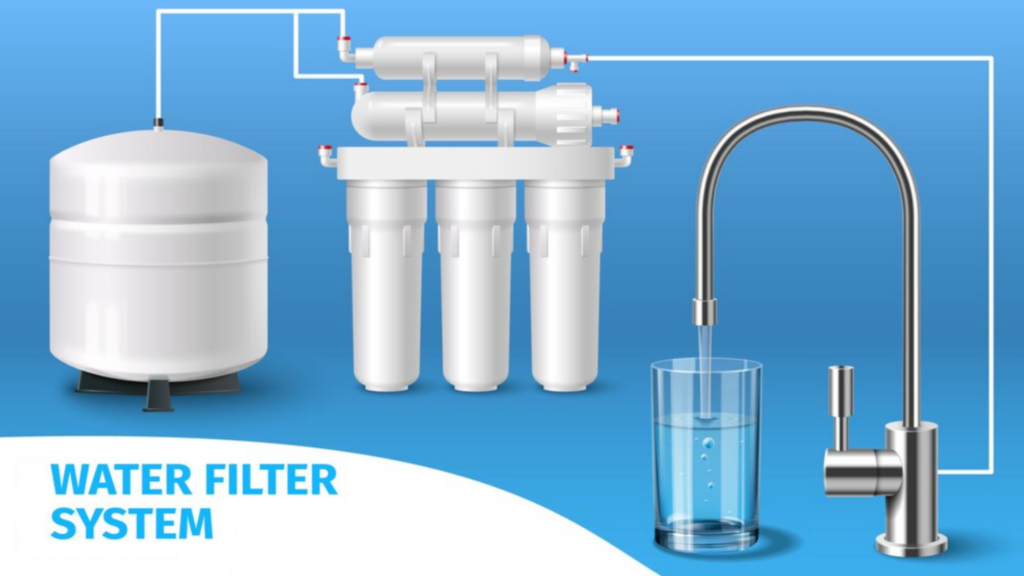
A whole home water filter is one of the best investments you can make for your household’s health and home maintenance. Unlike filters that attach to a single faucet or pitcher systems, a whole home water filter treats all the water entering your home. This provides cleaner, safer water for drinking, cooking, bathing, laundry, and more.
Whole home systems filter out a wide range of contaminants that can be harmful or affect the taste, smell, and appearance of your water. This includes chemicals like chlorine, pesticides, metals such as lead and mercury, sediment, and minerals that cause hard water. Many also filter out microorganisms like bacteria, viruses, and cysts. The result is healthier, better tasting water throughout your entire home.
Some key benefits of whole home water filtration systems:
- Protects all family members, guests, pets from contaminated water.
- Reduces exposure to chemicals linked to health issues.
- Improves taste, smell, clarity of water from every faucet.
- Extends life of home appliances and plumbing.
- Eliminates need to purchase bottled water.
- Saves money over long term compared to other methods.
With the right whole home water filter, you can enjoy clean, high-quality water every time you turn on the tap. This guide covers the most important factors to consider and the top systems in 2024.
Most Important Factors When Choosing A Whole Home Water Filter System
When selecting a whole home water filter system, there are several key factors to consider:
Filtration Method: The main types are reverse osmosis, activated carbon, and water softeners. Each has pros and cons.
Filter Capacity: How much water can the filter treat before needing replacement? Large households need high-capacity filters.
Water Pressure: Will the system reduce water pressure to fixtures? Some cause more pressure drop than others.
Contaminants: What specifically needs to be removed from your water? Not all filters remove everything. Test your water and choose appropriately.
Ease of Installation: Some systems require extensive plumbing modifications. Simpler DIY options are available.
Maintenance: All systems need occasional filter changes and parts replaced. How frequently and easily can it be maintained?
The ideal whole home filter balances effectiveness, capacity, pressure, price, and ease of use. Know your needs before choosing.
The Best Whole Home Water Filter Systems
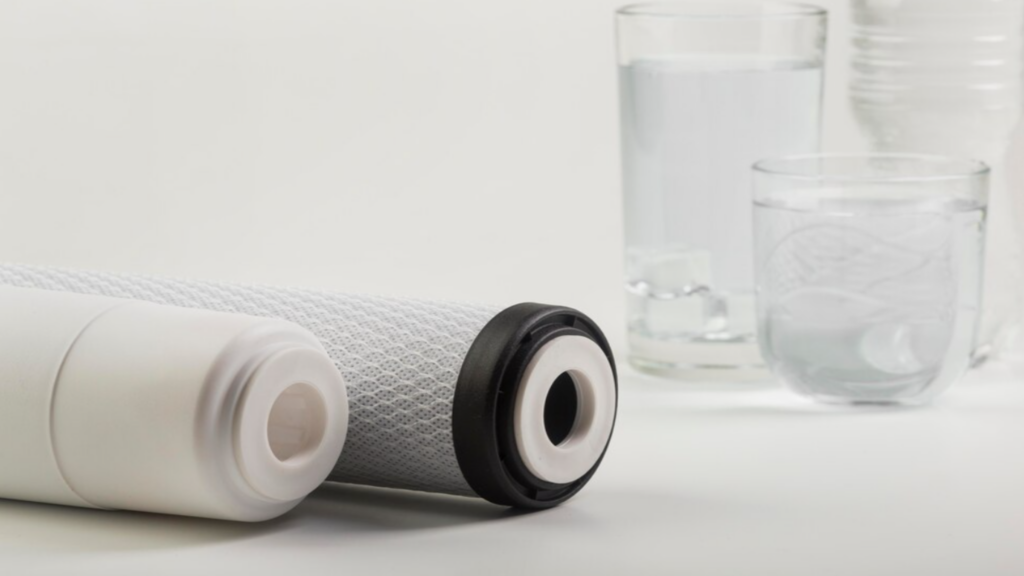
Whole house water filters are essential for improving your home’s water quality by removing contaminants and impurities from the main water line entering your home. There are several leading brands and systems to consider when shopping for the best whole home water filter.
Aquasana
Aquasana is one of the most popular whole house water filter brands. They offer a variety of systems including the Aquasana EQ-1000 that filters an impressive 1,000,000 gallons using a 5-stage filtration process. It removes chlorine, chloramines, VOCs, pesticides, herbicides, pharmaceuticals and other chemicals.
Excalibur
Excalibur is also a top brand for whole house water filters. The Excalibur whole house water filtration systems removes chemicals, such as chloramines, chlorine, THM’s, volatile industrial chemicals, lead, and all other heavy metals from your household water supply providing safe clean water for you and your family.
AquaOx
AquaOx systems are also highly effective for whole home filtration. The AquaOx Forte Series uses a multi-stage filtration process including carbon block and KDF media to remove heavy metals, chlorine, sediment and other impurities from home water supplies.
Choosing among the top brands and systems requires understanding your home’s water quality and filtration needs. Working with a water treatment professional can help identify the right whole house water filter system for your home.
Reverse Osmosis Systems

Reverse osmosis (RO) systems are one of the most effective types of whole home water filters. RO uses a semi-permeable membrane to remove contaminants from water. The mechanics are simple – water is pushed through the RO membrane using water pressure. The membrane has tiny pores that allow water molecules to pass through but block larger contaminants like metals, minerals, microorganisms and more.
RO removes up to 99% of contaminants from water by using this physical filtration process. It is exceptionally effective at removing health hazards like lead, arsenic, fluoride and nitrates. RO also filters out aesthetic issues like bad taste and odor.
Some key pros of RO systems:
- Extremely thorough filtration
- Removes wide range of contaminants
- Helps with health issues caused by contaminants
- Improves taste and smell of water
Some potential cons:
- More expensive than other options
- Wastes water during filtration process
- May remove healthy minerals
- Requires more maintenance than simpler filters
- May need additional filtrations steps
RO is one of the best choices if you want maximum contaminant removal from your whole home water supply. Just be aware that the exceptional performance comes at a higher price tag. RO systems also tend to be more complex to maintain than simpler filter types.
Activated Carbon Filters

Activated carbon filters are one of the most common types of whole home water filters. They work by adsorbing contaminants onto the surface of activated carbon particles as water passes through.
Activated carbon is extremely porous and provides a huge surface area for contaminants to bind to. This allows it to remove a wide range of impurities from water, including chemicals like pesticides and chlorine, heavy metals like lead and mercury, and other dissolved organic compounds.
Some of the pros of activated carbon filtration are:
- Effective at removing many common water contaminants
- Relatively inexpensive compared to other whole home systems
- Simple setup and maintenance
- Improve taste and odor by removing chlorine and organic chemicals
However, activated carbon filters also have some limitations:
- Not effective at removing dissolved inorganic contaminants like salts or nitrates
- Pores can become filled over time, requiring filter replacements
- May need additional filtration stages to remove specific contaminants
- Does not soften hard water
Overall, activated carbon offers a cost-effective way to remove many unwanted impurities from your home’s water. The filters need to be replaced periodically, but the media itself is affordable. For basic whole house filtration, activated carbon is a good option to consider.
Water Softener Systems
Water softeners are whole home filters that remove minerals like calcium and magnesium from hard water.
Water softeners contain resin beads that are coated with sodium ions. As hard water passes through the softener, the calcium and magnesium ions in the water swap places with the sodium ions on the resin beads. This leaves you with soft water containing sodium ions.
The softener has a brine tank that cleans and recharges the resin beads. A brine solution (made from salt) flushes through the resin beads, replacing the calcium and magnesium ions with more sodium ions. This prepares the beads to filter more hard water.
Water softeners use an automatic regeneration process based on a timer or water usage. This determines when to clean the resin beads and recharge them with sodium.
Pros of water softeners:
- Remove minerals that cause scale buildup in pipes and appliances
- Provide softer water for cleaning, bathing, and washing
- This leaves skin and hair feeling smoother
- Improve lathering of soaps and detergents
- Gets surfaces cleaner with less product
Cons of water softeners:
- Needs regular upkeep and replacement of salt/potassium for the brine solution
- Softened water contains increased sodium levels
- Not designed to filter out major water contaminants like lead, bacteria, arsenic
- Need additional filtration
- The regeneration process uses water and can increase water bills
Water softeners are great for removing minerals and softening hard water. But they aren’t a complete water filtration solution on their own. Combining a softener with other filters like reverse osmosis provides more comprehensive water treatment.
Combination Systems
Combination whole house water filters utilize multiple filtration methods in one system to remove a wide range of contaminants. These systems couple different filters like activated carbon with a water softener or reverse osmosis membrane. This provides more complete filtration to deal with diverse water problems.
Some of the benefits of combination systems include:
Remove Diverse Contaminants: Combination filters can tackle contaminants like chlorine, heavy metals, minerals, microorganisms, and more in one unit.
Softens Hard Water: Combining an activated carbon filter or reverse osmosis membrane with a water softener provides filtration plus water softening. No need for separate systems.
Higher Contaminant Removal: Layering different filtration media in one housing leads to greater removal of impurities compared to single media filters.
Flexibility: Combination systems can be customized with different filter mediums to target specific water problems.
Compact Design: Combining systems into one unit saves space compared to multiple separate units.
Some drawbacks of combination systems include potentially higher upfront costs, more complex maintenance, and needing to replace multiple filter cartridges. However, the enhanced contaminant removal and convenience often makes these combo systems a sound investment for whole home filtration.
Installation And Maintenance

When it comes to whole home water filters, professional installation is highly recommended. Improper installation can lead to leaks, pressure issues, and even water contamination if done incorrectly. Most manufacturers recommend using a licensed plumber for installation.
The plumber will determine the best location for the system, make sure all connections are secure, program digital controls if needed, and activate the system. This ensures everything is set up properly for optimal performance.
Maintenance requirements vary based on the filter type but typically involve periodically changing filters and sanitizing the system. The frequency depends on your water usage and the contaminants being filtered. Replacement filters can be purchased directly from the manufacturer or local plumbing supply stores.
Costs
The cost of a whole home water filtration system can vary quite a bit depending on the specific type of system, the quality of the components, and whether you hire a professional to install it or do it yourself. Here are some general guidelines on costs:
Basic sediment filters start around $50 for just the filter unit. Cartridge replacements are $10-20 each.
Activated carbon filters range from $200 to $800 just for the filter unit. Replacement cartridges can be $50-100 apiece.
Reverse osmosis systems start around $300 for entry-level units but high-end systems with large storage tanks can cost over $2000 just for the equipment. Membrane replacements are $100-300 every 3-5 years.
Water softeners range from $400 on the low end to $2500 for premium models, including the brine tank and installation kit. Expect to pay $100-300 for periodic replenishment of salt pellets.
Combination systems with filters, RO membrane, and/or softener can cost $1000 to $4000 depending on capacity and features. Replacement cartridges and membranes will need periodic changes.
Installation costs can run $200-800 depending on system complexity and whether extensive plumbing modifications are needed.
Ongoing maintenance averages $100-300 per year for most systems, accounting for periodic filter, membrane, and salt pellet changes. Higher use may require more frequent replacements.
Overall, expect to invest $500 – $1500 for a quality whole home water filter system. The ongoing operating costs will also be $100-300 per year depending on your specific maintenance requirements. While not cheap, clean filtered water on demand can be worth the peace of mind.
Conclusions And Recommendations
When it comes to choosing the best whole home water filter system for your needs in 2024, there are a few key factors to consider. Based on the pros and cons of the different systems we’ve reviewed, here are some conclusions and recommendations.
If budget is a top concern, a water softener system is likely your most affordable option for the whole home. Water softeners effectively reduce hardness minerals and prevent scale buildup. Models start around $500.
For all-around contaminant removal, reverse osmosis systems are a top choice. They can filter out heavy metals, microbes, chemicals and more. Expect to pay $2,000+ for full home coverage. Maintenance is required.
Activated carbon filters provide great filtration for chlorine and many chemicals. They are unable to remove hardness or heavy metals though. Pricing starts around $800.
Combination systems with filters and softeners give you the best of both worlds. Cost for whole home units is $3,000+.
Remember that all systems require ongoing filter replacements and maintenance. Factor the costs into your decision. For more information on each of the water filtration systems discussed above and other ways to improve your home, consult one of our home care experts at Provincial Smart Home Services.
Related Posts
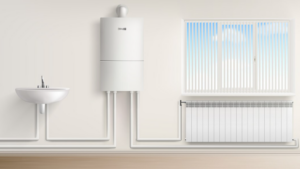
Heat Pump Water Heaters: Your Complete 2024 Guide
Considering a heat pump water heater in 2024? Our guide details operation, benefits, top brands, costs, sizing, and upkeep tips.
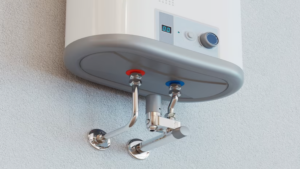
8 Quick and Easy Water Heater Maintenance Tips
Discover water heater maintenance tips and tricks to help you save money and make your home more energy-efficient.
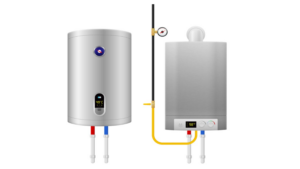
Switching to a Tankless Water Heater? Pros, Cons, Costs and More
Discover the benefits of switching to a tankless water heater to improve your home’s energy efficiency and sustainability.

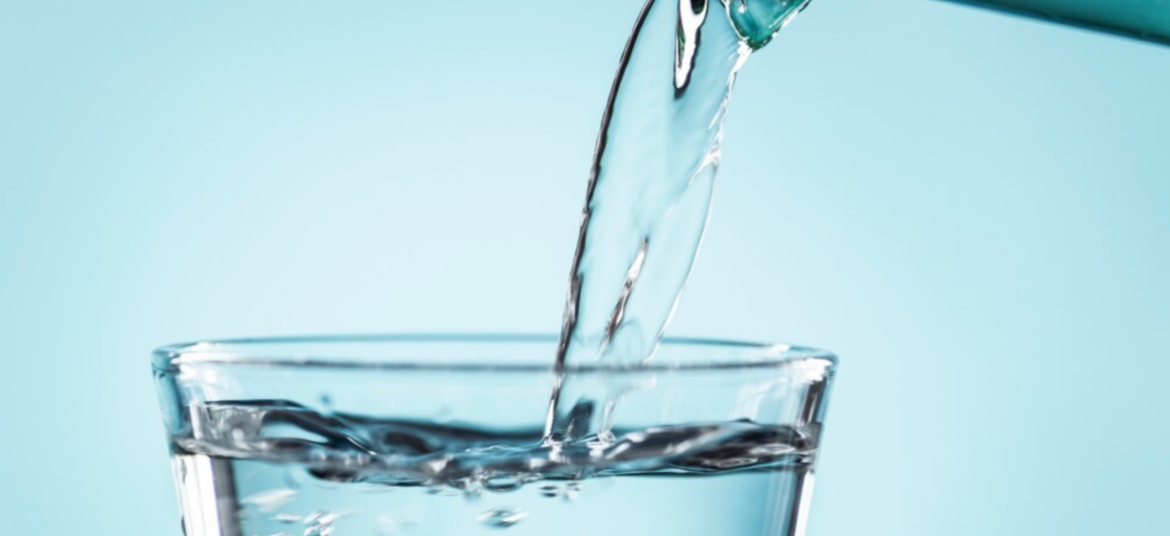
No Comments